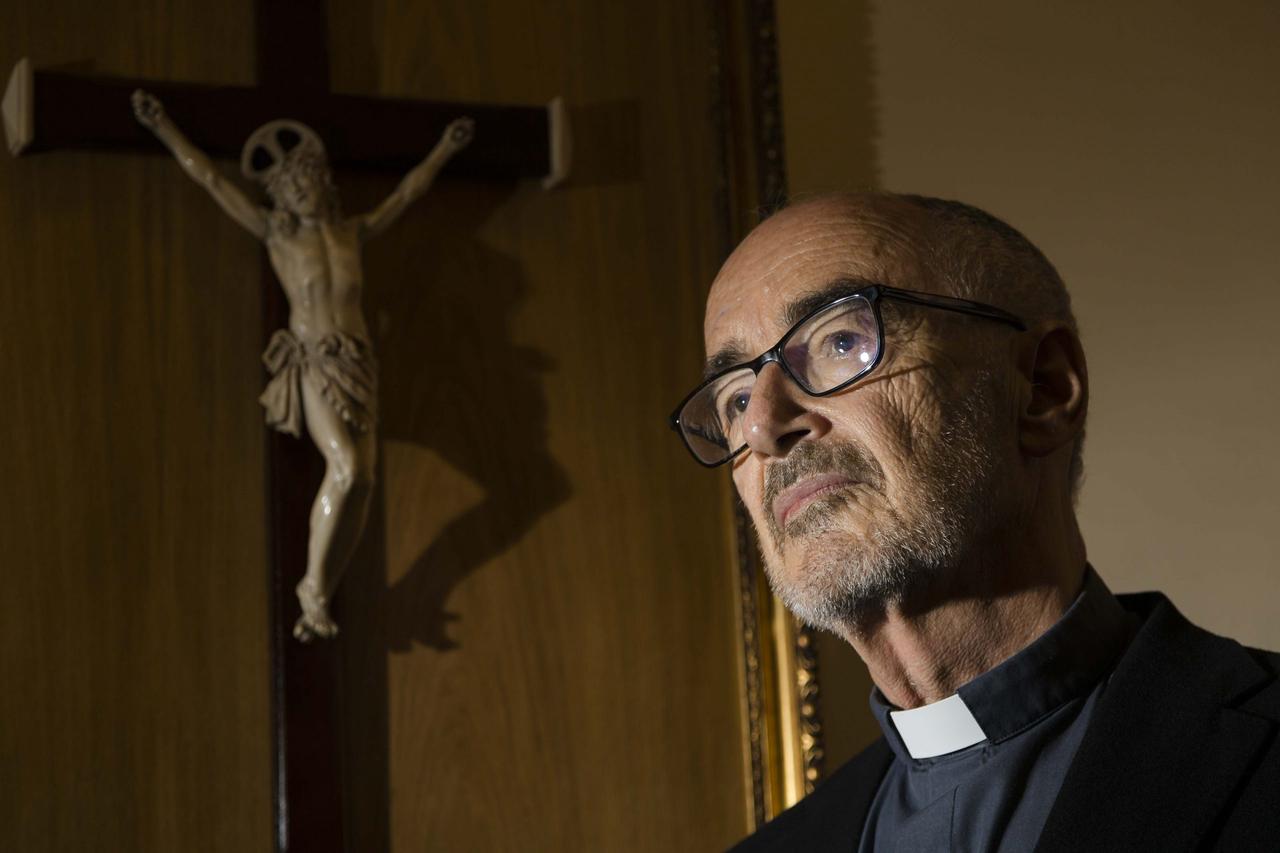DHAKA – Catholics in Bangladesh will call for the Vatican to protect their human rights during an upcoming visit by Cardinal Michael Felix Czerny, Prefect of the Dicastery for Promoting Integral Human Development.
The pastoral visit of Czerny takes place Nov.1-5, and during this time he will meet with the Catholic Bishops’ Conference of Bangladesh (CBCB), members of the CBCB’s Justice and Peace Commission, and other Catholic leaders, as well as displaced street children, indigenous people, internal Catholic migrants and Rohingyas expelled from Myanmar living in Cox’s Bazar. The theme of the visit is Raising Hope to Foster a Culture of Care.
The Catholic Church in Bangladesh, especially indigenous leaders, say they are quite optimistic about the cardinal’s visit and add they hope he will talk to the Bangladesh government about the land problems of the indigenous people of Bangladesh, who are being oppressed in various ways, and the Vatican will contribute to the protection of the rights of indigenous peoples.
“I think that just as Pope Francis spoke in Canada to protect the rights of indigenous people, the current Pope Leo XIV will also play a role in the rights of indigenous people in Bangladesh through his representatives Cardinal Czerny,” said Sanjeeb Drong, secretary of the Indigenous Peoples Forum in Bangladesh.
The indigenous people of Bangladesh have been fighting for constitutional recognition as indigenous people for years. Most of the indigenous people in Bangladesh are facing land problems, they have no legal paperwork for of land, and they are also lagging behind in social security.
Less than one percent of the 170 million people in Bangladesh are Christians, and almost half of the Christians are indigenous people.
The Catholic Church in Bangladesh is doing a lot of work to educate indigenous people, along with all other groups, and thanks to this, indigenous people have made some progress, said Drong, who is Catholic and belongs to the Garo indigenous community.
“It is time for the Catholic Church to work on the human rights of the Christian community, including indigenous peoples. It is the demand of the time to contribute to protecting the environment. I know, since we are a minority in Bangladesh, it is difficult for the Church to work on human rights, but the Church can empower the lay people of the Church and make various organizations that will work on rights,” Drong added.
The Justice and Peace Commission of the CBCB is doing various things in Bangladesh, including seminars on environmental protection and holding campaigns in schools and colleges. It is regularly in touch with internally migrants’ people and is working among the displaced Rohingya population through the Catholic charity Caritas Bangladesh.
However, many Catholic leaders feel that the Church is not doing enough to protect human rights. The reason for this, they say, is the fear coming from being a minority and the fact the Bangladesh Church has not been able to create the manpower to work on human rights.
The Justice and Peace Commission officials say the cardinal’s visit will shine a light on issues such as poverty, migrants, social justice, and perhaps religious minorities, bringing international attention. Commission members say the Catholic Church in Bangladesh may get more support or encouragement to partner in ensuring human development — for example, for education, health, or aid to the poor. The Church-affiliated social services could also receive more impetus, funding, or legitimacy.
Holy Cross Father Hubert Liton Gomes, secretary of the Justice and Peace Commission of CBCB, told Crux that this visit may help foster dialogue among religious communities in the country, especially since Bangladesh is religiously diverse.
Gomes also mentioned some of the challenges facing Christians, indigenous peoples and migrants in Bangladesh and said he wants to draw attention to the Vatican.
“Some issues like minorities, religion, migration, labor rights can be sensitive in Bangladesh; local authorities might resist some of the advocacy or changes. Even with moral support, actual implementation of development projects needs funding, local capacity, bureaucratic cooperation,” the priest told Crux.
This visit can provide immediate visibility and inspiration, but unless followed by sustained efforts, things may fade, he said, adding the cardinal will be careful to maintain respect for local culture, religious context, and political neutrality.
“This might limit how far he pushes certain controversies,” Gomes said.














